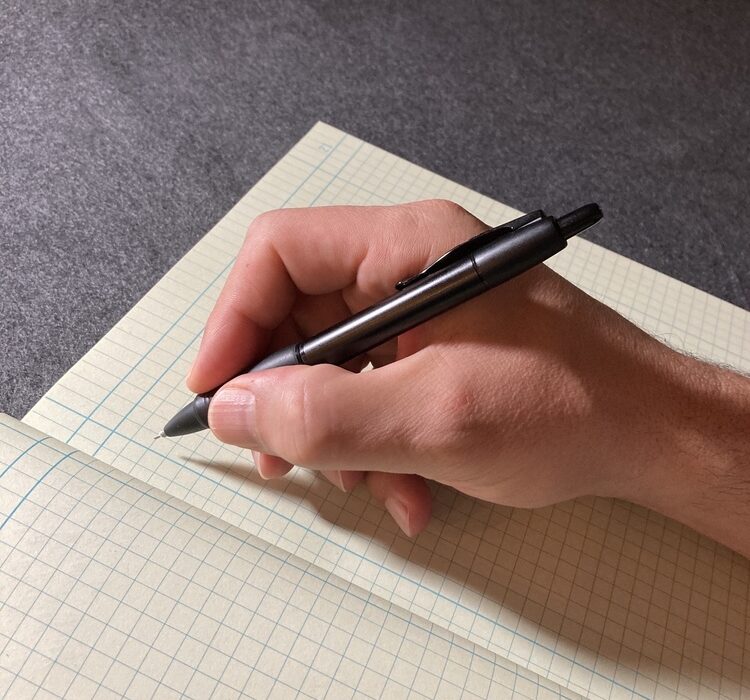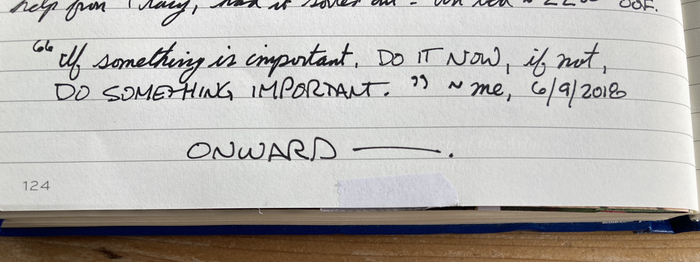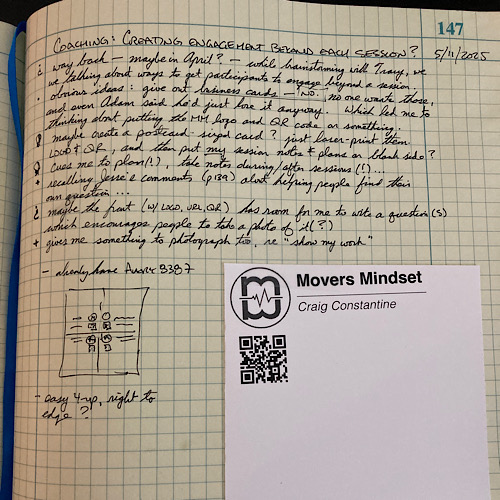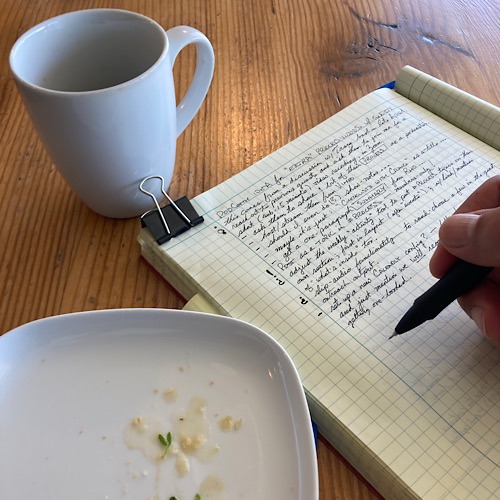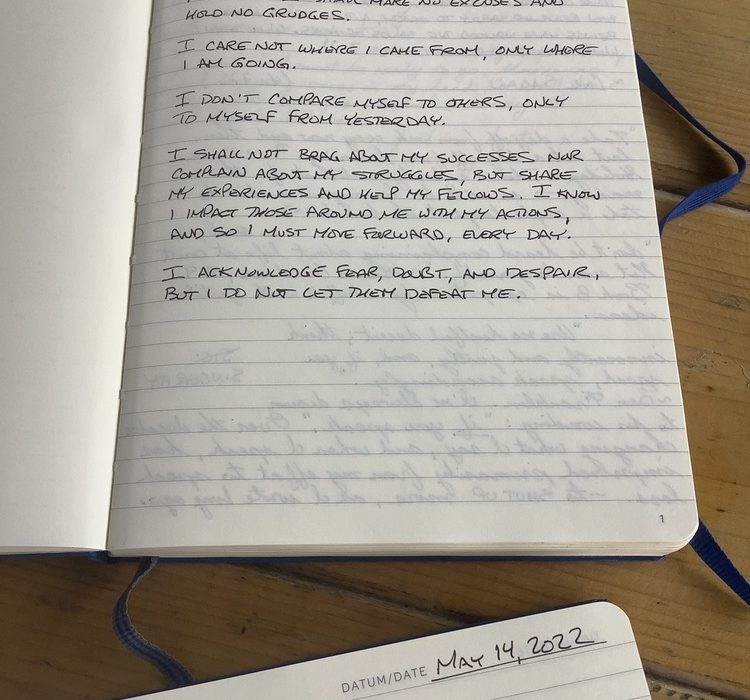Frankly, that’s seems impossible.
First, unrelated to podcasting, I’d like to jump on my soapbox about keeping a personal journal. It takes a lot of effort, but it is invaluable for getting perspective on one’s own life. It’s also just plain fun to read your own thoughts many years later. The best day to start journaling was yesterday; but today would also be good.
December 27th 2016 is my “okay, fine, I’m starting a podcast” date. The first episode of the Movers Mindset podcast (with a different name back then) came out in early January 2017. So—despite my disbelief and denial—it’s been 7 years. And 2,000 episodes? …I don’t know the exact number, but it also seems impossible.
Some things I’ve done on purpose. What happens if you try to publish a daily show for four years? What happens if you have a show you love and just ignore the urge (and advice) to publish on a schedule, and instead just put them out whenever?
Some things have just been a delightful surprise. The times people surprise me and ask me to join them on their show. The countless conversations next-to the conversation that became a podcast. The countless hours of my life spent with others who are passionate about podcasting. The times I’ve said, “Hello, I’m Craig Constantine” in person, and been recognized by the sound of my voice! And, when someone says that some podcast conversation really helped them as a listener, or as a guest.
I’ve taken the enormous amount of opportunity, resources, luck and others’ passion that I’ve been so generously given, and poured in as much of my own (passion, time, energy, blood, sweat, tears, money) as I can. The result has been miraculous.
This post is prompted by someone asking me how many years it’s been… and my stumbling over the math. Hey, thanks Özlem, for asking.
Takeaway? CYCLES!
Everything flows and ebbs. Be grateful for the flow and for the ebb. You already know that. I already knew that before Dec 27, 2016. The takeaway is to find a way to be reminded of this.
I hope you’re doing well, and I wish you the strength and courage to move along your own path tomorrow, next month, next year, and beyond.
Cheers!
ɕ
